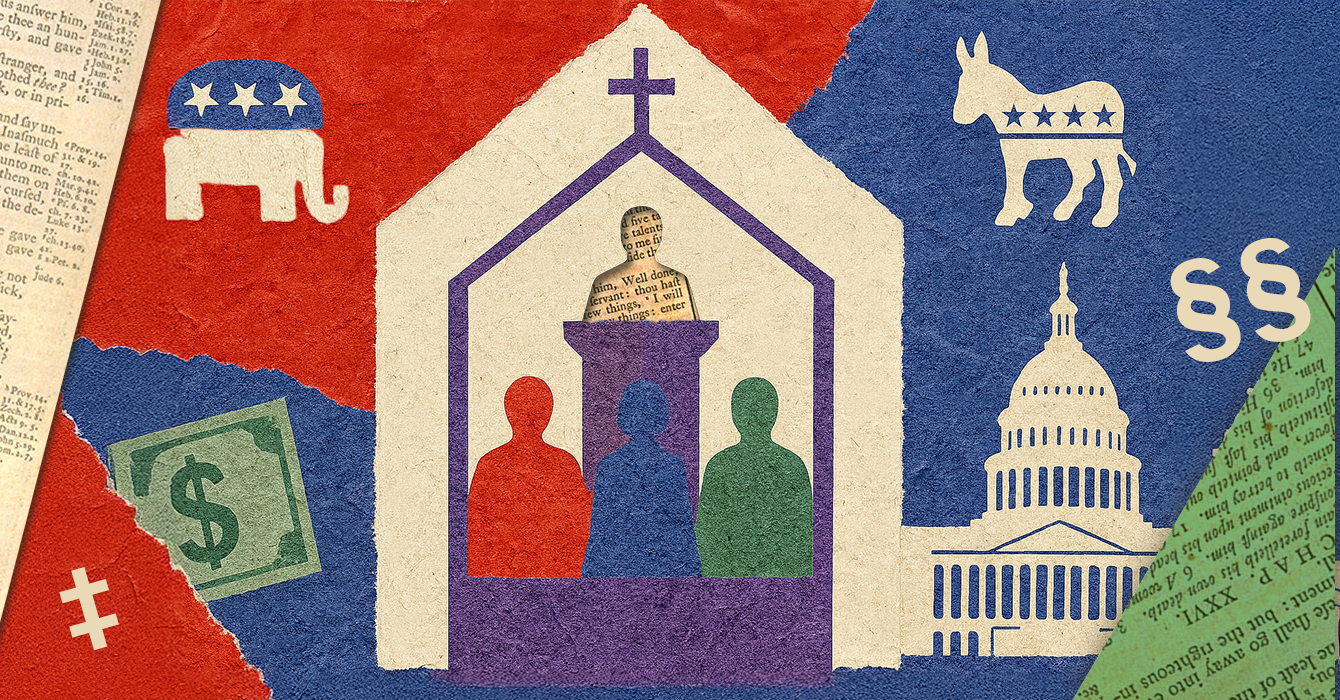In March, my diocese elected a new bishop from a pool of four gifted candidates. The journey to election day involved a weekendlong discernment retreat for the candidates and the nominating committee, meet-and-greet sessions, public forums around the diocese, and hourlong video conferences open to anyone with questions for the candidates.
Throughout the process, our diocese kept encountering a question with no ready answer: What is the ministry we need from a judicatory today?
The question was posed to the candidates in a variety of ways:
- “What do you think it means to be a bishop in the contemporary church?”
- “What are the resources that churches need from a diocese now?”
- “What would your priorities be as bishop?”
- “What contemporary social issues are passions for you?”
- “How would you respond to conflict?”
To their great credit, the four candidates answered with as much certainty and conviction as is possible in the contemporary context of our ministries.
After the election, now with a new bishop, the question remains for my diocese, and it is repeated in judicatories from coast to coast. In this age of budget cuts and shrinking judicatory staffs, when many congregations are anxious about their futures, when many clergy are being told that they will need to work as part-time or bi-vocational ministers, what is the role and ministry of a judicatory today?
In my work with congregational and denominational leaders around the country, there is a constellation of six answers that I hear most often.
First, judicatories have an increasingly important role in preventing church versions of the “tragedy of the commons.” This phenomenon, as described by economists, occurs when the pursuit of individual interests overtakes a sense of the common good, so that assets held in common are squandered, jeopardized or spoiled. Judicatories remind us what we hold in common as people who have chosen to follow Jesus within a particular denominational tradition. They provide a check on any one congregation or congregational leader who would, from self-interest, lay exclusive claim to a theological and liturgical heritage that belongs to all of us.
Similarly, second, judicatories have an ongoing ministry in identifying concerns and issues that are common to all of us but that none of us individually (or no congregation singly) may feel responsible for addressing. Depending upon tradition, judicatory leaders still have significant formal and informal authority in this ministry, whether in funding and developing new initiatives or simply in raising public consciousness through a well-timed pastoral letter or sermon. Judicatories hold the church accountable for the ministries we fail to develop.
To that end, third, judicatories have a role in facilitating innovative collaborations across their region for the sake of mission and ministry. Here, they carry forward their historic work of encouraging and supporting ministries that are larger than any single congregation can sustain or larger than any single congregation should house. Judicatories have the ability to provide space for the incubation of innovative ministry. They can connect clergy and lay innovators and entrepreneurs in their region and can serve as patrons by offering permission (and, in some places, funding) for bold experimentation.
There is a new element for the judicatory in this work: a judicatory is, fourth, in a unique position to facilitate learning between and across ministries within their region. They can harvest the hard-fought, hard-won wisdom of congregations who have experimented and succeeded, and they can share the lessons learned from ministry experiments that have not. Iowa Share is a model for how one judicatory is facilitating this kind of congregation-to-congregation learning and resourcing in the digital age; this open-source platform, provided by the diocese, allows congregations to pose questions and offer resources to one another in real time.
Next, judicatories can leverage economies of scale in responding to widely shared challenges in their constituent congregations. Judicatories already do this to some extent as we recognize common needs and then charge a person or persons with coordinating a response. Here we might think, for example, of regional deployment and transition ministries for clergy.
But in the years ahead, the kinds of challenges we face may call for a broader application of such leverage. So, for example, what if we applied the same logic from the issue of clergy employment to the coming crisis of deferred maintenance of church property? Might a judicatory employ a general contractor to be available to congregations across a region to help them begin long-overdue repairs, updates and renovations? What other common challenges might deserve and benefit from a collective response?
Finally, judicatories can offer a model of faithful response to necessary change. Many clergy and congregations are experiencing change at a rapid and disorienting rate, and they lack good models for responding to change. Judicatories, through their own transparency and vulnerability, can be a witness of hopeful, proactive response to change as it comes. They can nurture and equip lay-led ministries. They can model conversations about discerning sustainable staffing structures as ministries are “right-sized.” They can adjust regional practices, processes and policies to accommodate a clergy that is more part-time than full-time in nature.
This is no easy task. Most judicatories are not structured to allow for agile response to the changing needs of the church, and much of the work of a judicatory -- caring for ordination processes, responding to clergy and lay misconduct, keeping us in relationship with denominational bodies and wider communions, for example -- must continue as needs shift.
Yet there are moments, like the election of a new bishop, when the church can ask in hope, “What is the ministry we need from a judicatory today?” Those moments are few but sacred. They should not be missed.









